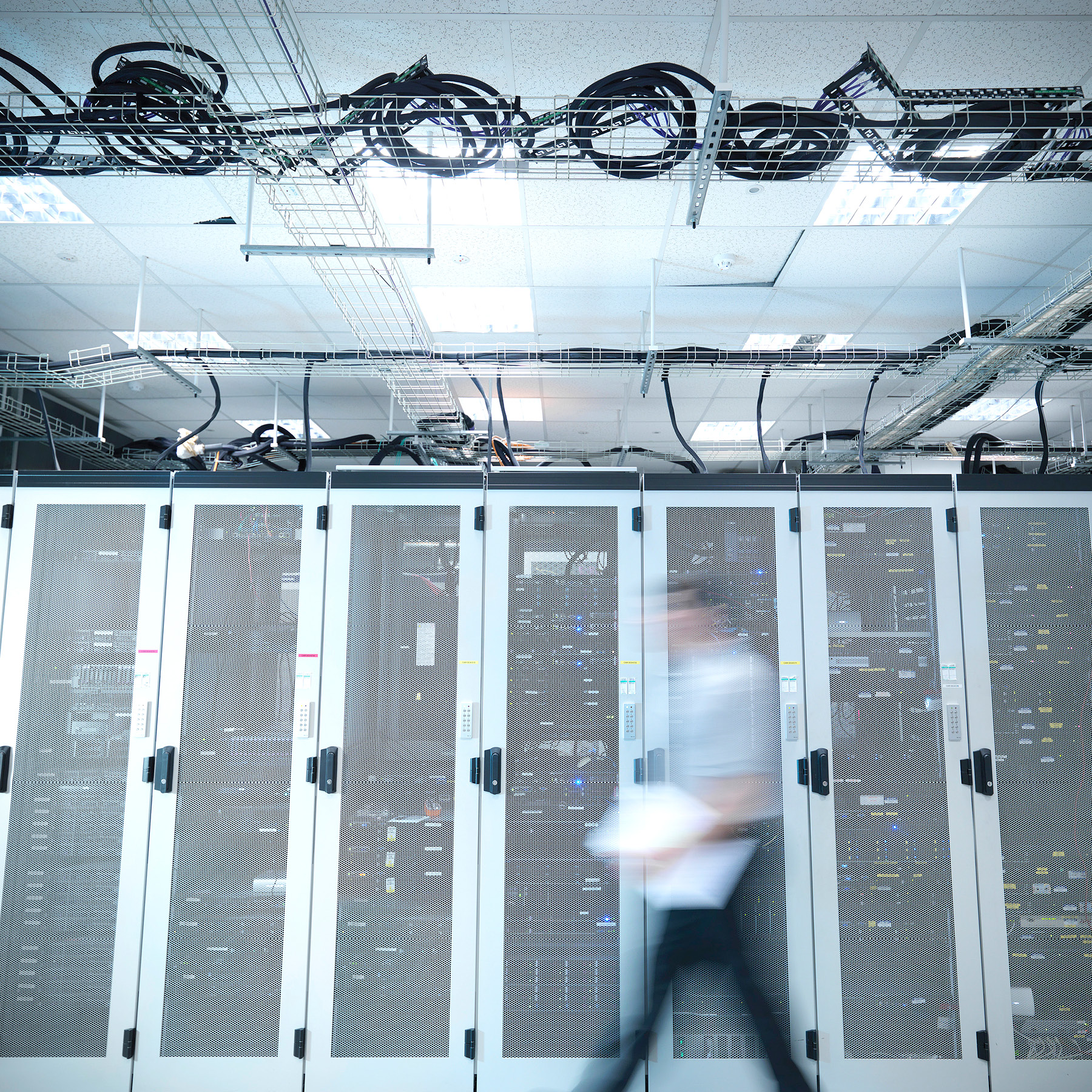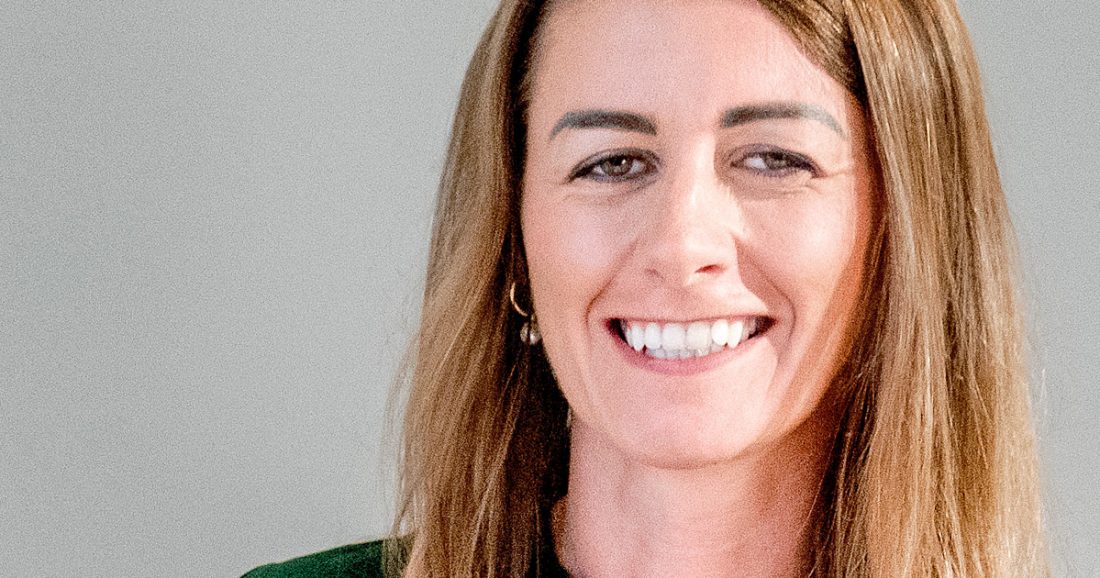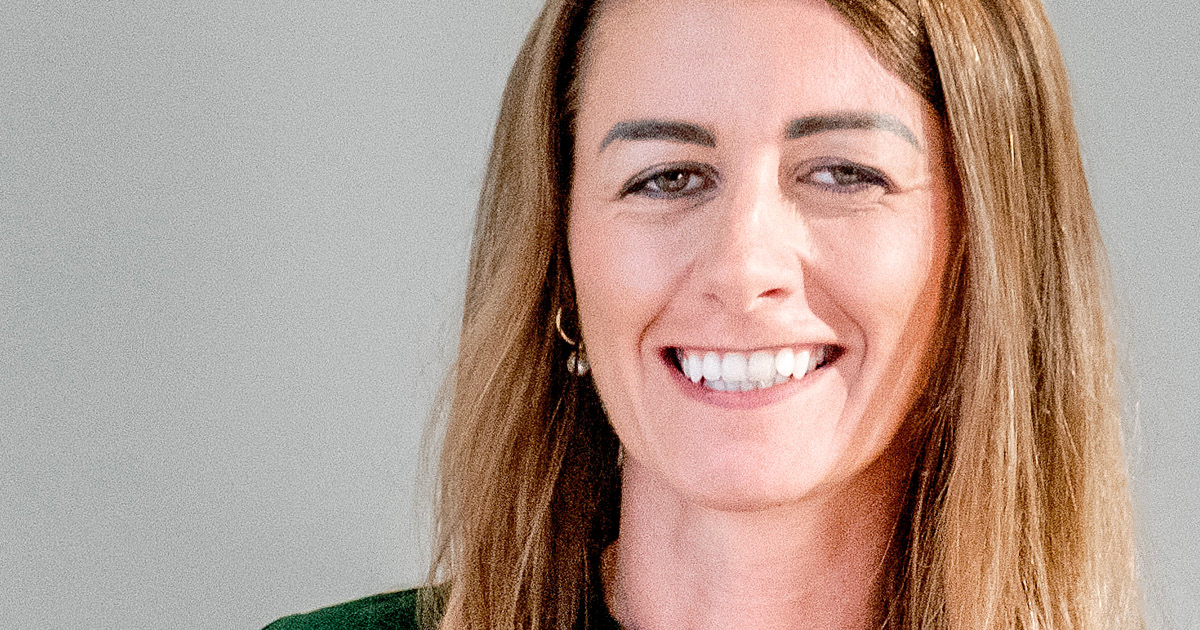Data centers are the backbone of our digital world – great cathedrals of hardware containing the data and computer systems we use on a daily basis. Without them, the digital age would simply cease to function.
Germany is globally renowned for its technological prowess, so it is no surprise that its data centers are world leading. The German Datacenter Association (GDA) is a key contributor to the success of the industry, working on behalf of its 175 members to collectively advocate for favorable regulatory conditions and promote eco-friendly practices.
Heading it all up is Chair Anna Klaft.
“We serve as a vital hub for policymakers and bring together the rich insights and expertise of our members,” she tells The CEO Magazine. “We unite operators, suppliers, research institutions and municipalities to build a sustainable and innovative future together.”
Global leaders
As technology continues to develop and the demand for data centers increases, so too do requirements for sustainability in an ever more fragile environmental situation. This is why Klaft is particularly proud of GDA’s green credentials, which are a central focus of the organization and a fantastic asset for the industry’s growth.
“We are leading the charge in terms of energy efficiency and sustainability, leveraging Germany’s advanced digital infrastructure and strong regulatory framework to attract global investments,” Klaft says.
“With major players like Amazon Web Services and Microsoft committing billions to the German market, it’s clear that we’re setting a high standard.”

“Our data centers are setting the environmental standard for the world to follow.”
Germany’s geographical location in Central Europe is also an asset for prospective investors.
“Germany is a great base for expanding into Northern Europe and beyond, especially for deploying AI applications. Positioned at the crossroads of Europe, our data centers benefit from excellent connectivity, thanks to hubs like the DE-CIX in Frankfurt,” Klaft says.
Despite the industry’s success, to Klaft, growth is worthless if it is not achieved in the right manner.
“Our focus is not just on growth, but on growing sustainably and strategically,” she explains. “Our data centers are setting the environmental standard for the world to follow. We’re utilizing cutting-edge cooling technologies and innovative infrastructure to cut costs and minimize environmental impact.
“With 88 percent of the energy used in German colocation data centers already sourced from renewables, we’re aiming for a full 100 percent by 2027.”
Talent and transformation
GDA is also utilizing emerging digital technology to remain at the forefront of innovation.
“Digital transformation – fueled by AI, IoT and big data – is revolutionizing the data center landscape,” Klaft says.
The developments in AI, in particular, offer vast potential for data centers.
“AI is a game-changer, optimizing everything from operational efficiency to energy consumption,” she says.
“As we push toward higher density computing, we’re also embracing edge computing, which brings processing power closer to end users, enhancing speed and efficiency, which is crucial for IoT and autonomous vehicles.”

“It’s exciting to see policy makers recognize the critical need for more data centers to support our digital future.”
Despite being immersed in the world of cutting-edge technological advancements, a rather old-hat problem remains at the top of GDA’s agenda.
“Attracting and retaining top talent is one of our key priorities,” Klaft says. “Finding qualified technical staff remains a significant challenge.”
Making sure that the industry is open to people of all backgrounds is also an important focus.
“The industry currently supports around 65,000 jobs in Germany, but we recognize the need for greater diversity, as only 5.5 percent of these positions are held by women, with just two percent in technical roles,” she notes.
“To tackle this, the GDA and its partners promote initiatives like the GDA Young Talent Award and the Open Data Center Day, designed to ignite interest in the sector.”
Along with these projects to attract a more diverse workforce, the organization is committed to providing specialized training programs, apprenticeships and professional development to attract and nurture talent.
“Our aim is to make the data center industry an attractive and inclusive place to work,” Klaft adds.
Future vision
Looking to the future, Klaft and GDA want to continue to be a leading voice for sustainable industry in Germany.
“It’s exciting to see policy makers recognize the critical need for more data centers to support our digital future,” she says. “We plan to navigate upcoming challenges by advocating for supportive policies, promoting green initiatives and fostering collaboration across the industry.
“This will be achieved through proactive engagement with policymakers, research institutions and innovative partners.”
These partners, among others, include firstcolo and WISAG Facility Management Data Center.
“Our members and partners are the backbone of the GDA, bringing invaluable expertise and commitment to the table,” Klaft says.
“I am also supported by a motivated board and advisory council, as well as an excellent team, who dedicate themselves every day to addressing the needs of GDA members and the industry as a whole.”

“We aim to create an environment that encourages growth, innovation and sustainability, ensuring that our industry can meet the challenges of tomorrow.”
It is with this spirit of collaboration that GDA is helping the data center industry to flourish, allowing it to continue to underpin the digital technology that is transforming our lives.
“We aim to create an environment that encourages growth, innovation and sustainability, ensuring that our industry can meet the challenges of tomorrow,” Klaft concludes.




